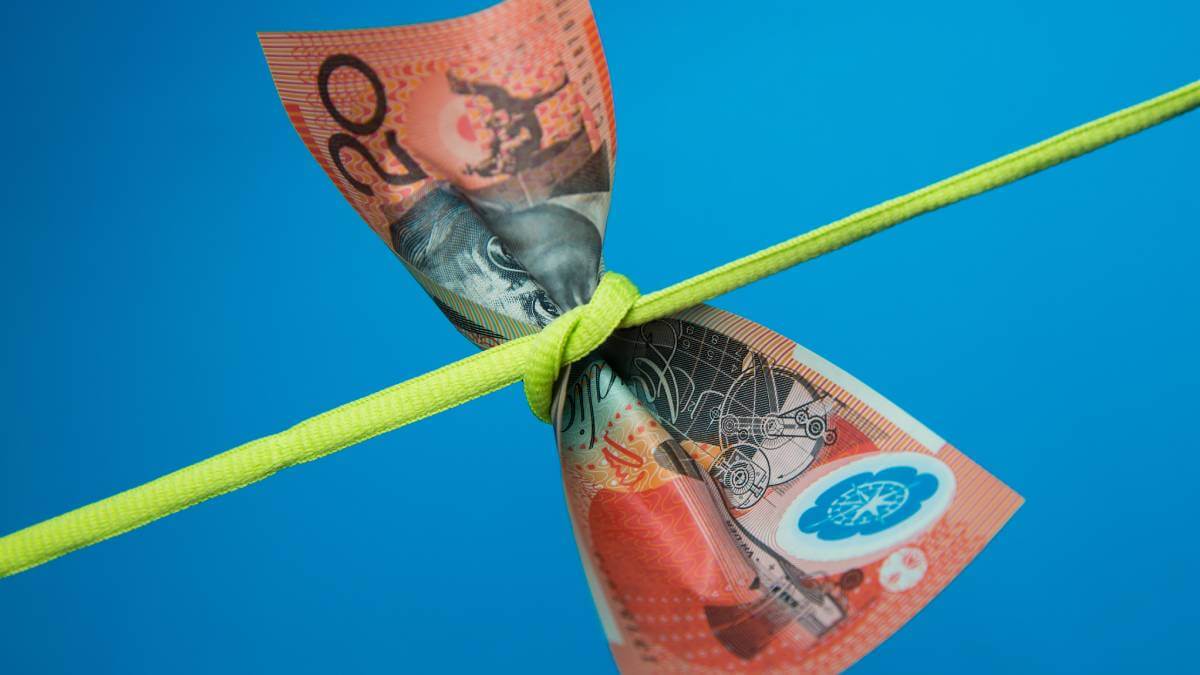New Zealand is officially in recession. Is Australia heading the same way?
A country enters a technical recession when the gross domestic product (GDP) shrinks for two consecutive quarters.
So although NZ’s GDP falls are minor – a 0.7 per cent fall in the December quarter followed by the 0.1 per cent fall – it’s still technically a recession.
Do the indicators tip Australia to be facing the same reality?
The recent decision by the Reserve Bank of Australia (RBA) to continue with its rate hikes has left borrowers and banks shocked.
Additionally, Australia’s economic growth in the first quarter of the year was a mere 0.2 per cent, and the household savings-to-income ratio fell to its lowest level in 14 years.
With these concerning indicators, experts are raising concerns about the possibility of a recession in the next 12-18 months.
AMP’s deputy chief economist, Diana Mousina, told Forbes that the RBA’s rate hikes could potentially tip Australia into a recession.
Hawkish
“The RBA’s hawkishness and subsequent likelihood of another interest rate hike in July or August means that a ‘real’ recession is a high possibility in the next 12-18 months,” she said.
“In our view, the RBA is taking interest rates too high and doesn’t need to generate a recession and pain on households to get inflation down at a time when any of the forward-looking inflation indicators are already pointing to lower price growth in the next six months.”
She argues that the central bank’s aggressive approach to interest rates may not be necessary and could cause unnecessary pain for households.
Deloitte Access Economics also predicts a ‘consumer recession’ in 2023, with New South Wales and Victoria expected to be the hardest hit.
Deloitte Access Economics partner Stephen Smith also criticised the RBA’s last two rate hikes.
“Our view remains unchanged – the additional 50 basis points of increases earlier this year were unnecessary and have prompted a further downgrade in Australia’s growth outlook,” he said.
That downgrade is centred on our households, and a ‘consumer recession’ is now forecast in 2023, with household spending expected to finish the year below where it started.”
The economy relies on people, not just companies. If people struggle to afford goods and services due to stagnant wages, they will eventually reduce their spending.
Trouble for the economy
This becomes concerning when taking into account that Australian household spending constitutes about half of the entire country’s economy. If households aren’t increasing their consumption, it spells trouble for the economy.
The Federal Budget contains a rather alarming figure regarding household spending. The projected annual household consumption growth for 2023-24 is estimated to be just 1.5 per cent, which is below the average growth rate since the early 1980s. Furthermore, this increase is primarily driven by population growth.
Without accounting for population growth, per capita household consumption is set to decline for only the fourth time in over three decades.
However, the latest retail figures provide a glimpse of what lies ahead.
While there has been a significant increase in the amount of money spent on food, according to The Guardian, the volume of food purchased has actually decreased by about 5 per cent compared to pre-pandemic expectations.
This trend extends beyond food and encompasses other household goods as well. Retail spending, which is just a portion of overall household spending, has returned to expected levels.
Prosperous time for grocery chains
However, it’s certainly a prosperous time for big grocery companies, mining companies, travel companies, and banks in Australia. As reported by the Bureau of Statistics, Australian businesses have been benefitting from rising prices since the start of last year.
This trend has continued over the past year, with companies such Coles and Woolworths experiencing increased profit margins and prices rising faster than inflation. Other companies, such as Qantas and banks, have also recorded substantial profits due to rising interest rates.
Australia’s economic future remains uncertain. A panel of experts convened by The Conversation website assigned a 26 per cent probability of a recession within the next two years, while the International Monetary Fund (IMF) downgraded growth forecasts for Australia.
In a few weeks, the next GDP figures will be released. While it’s unlikely that the economy will enter a recession due to mining exports, if household consumption follows Treasury’s projections, households will undoubtedly feel the impact of a downturn.
So while some predict a recession, others hold out hope that it will only be a technical recession, such as NZ is experiencing.
Has your household spending decreased? Are you worried about a recession? Why not share your opinion in the comments section below?

